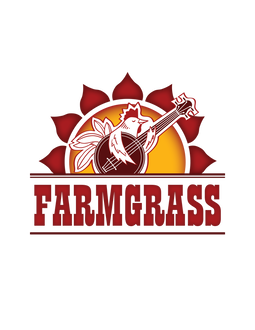|
By Austin Price
Kenny Johnson was a part of the music scene in Austin before he took his creativity to the homestead life. He started out playing grunge — “It was the 90’s” — before managing a restaurant for nine years. Today he runs a pasture-raised egg farm called Happy Chick Farms with his wife Stephanie and two children, Nevin and Emma, ages 8 and 3 respectively. As with any small farmer, the struggles with Mother Nature have been real and arduous. When asked what sort of music describes his life today, Kenny shakes his head and answers with a laugh: “Blue Eyes Crying in the Rain.” The farming life doesn’t come easy, particularly to the small family man who wants to do things right for his chickens as well as the consumers. Kenny tells story after story of his hardships. There’s the time when 1,800 pullets — adolescent hens — didn’t make it back to their coops the night of a rare Central-Texas-snowstorm. Kenny had to get out of bed to single-handedly pick up each bird and put her inside so she wouldn’t freeze to death. Another time, he had to feed his chickens while suffering a stomach bug. “It was one of the worst days of my life,” he says, recalling how he dragged through a hour-and-a-half process made longer by steady vomiting and heavy lifting. And on top of it all, he threw out his back. “You lose it, you completely lose it,” says Kenny. “You get beyond your capabilities. I’ve pushed myself way beyond my limits. Mentally, physically, the whole gambit.” For years, he has worked through his pain. “I couldn’t stop because I have kids, and everything that we had done would have been for naught. I had two retirement accounts and cashed them both in for this place. I was not gonna let my back take it all away. And of course we don’t have healthcare because the government sucks.” “This is why we need nonprofits like Farmgrass,” he says. Last year, Kenny applied for and received a grant from GroACT’s emergency medical fund to help with his back. This grant was made possible by the proceeds from Farmgrass Fest and the many farm and music lovers that support the work of people like Kenny. The Johnsons stand as an example of why the small family farm is needed in this part of Texas — where our cities, as well as our farms, are rapidly growing. “We’re artists, musicians. We’re creative when we need to be, and we really do make it work,” he says. He explains the joy of farming: “I spend a lot of time with my kids. We have breakfast every morning together. We host a market every other week for the community, with about 130 families involved, that come out and get fresh milk, cheeses, honey from other local farms. Grass-fed beef, pork sometimes. It’s a life unlike the one I grew up in, and it’s amazing.” Visit Happy Chick Farms to Learn More!
2 Comments
By Austin Price
Part of the deal when you work so closely with nature is that things can happen when you least expect it. Take away the heavy machinery of industrial farming and replace it with your own two hands, and that truth becomes even deeper. That's what Carin Moore of Blackland Prairie Family Farm tells herself when she recalls her run-in with a rattlesnake last summer. On the first day of summer in 2016, Carin had just sent three of her children into the garden to help harvest when she reached down to pull a carrot from the soil. She felt a thunderclap of pain. “It felt like somebody took a rake and whacked it as hard as he could on my hand.” She jumped up, with a snake hanging from her hand. It’s tail extended all the way to the ground. She shook the snake off and immediately went to the hospital, where she received surgery and took time to recuperate. Her right hand, her dominant hand, was paralyzed for three months as she went through physical therapy to regain movement. In the meantime, her farm was left at the mercy of the elements. “I was so tired, it took so much energy just to recuperate, that I didn’t do much of anything last summer. And I’m a weeny in cold weather, so I didn’t do much in the winter. I’m just now pulling all the stuff in the garden I had left in the garden, replanting it, and trying to carry on as a normal person.” Through all this ordeal, Carin has had to show a tremendous amount of flexibility and gratitude. “All things considered, I didn’t lose my hand, I’m alive, and it was me and not my kids.” Farmgrass Fest exists to support the farmers and farms that may not have the same luxury of flexibility that Carin shows. In the small family farm industry, a lack of healthcare can bring an end to a business. However, for Carin and her husband, their farm is more than a business. It’s the product of her passion for gardening and for produce variety. “I remember seeing in a seed catalogue that you can have thirteen different colors of tomatoes. I had no idea this stuff existed and I remember thinking, ‘You’ve gotta be kidding me. How do people not know about this and why isn’t this at the grocery stores?’” Twelve years ago, her gardening hobby turned into something more: “I had so much fun with our garden in our backyard and it kept getting bigger and bigger and bigger. We went from two 5x10 raised bed to a 16x40 garden to adding another 16x40 by our back fence. And all of our friends were just like, ‘Why don’t you just by a farm?’ And so we did.” Today, she sells at the Cedar Park Farmers Market and plans to open a farm-stand at their location outside Taylor, which she says is a food desert that could use a good variety of local produce. Another thing she cultivates is a love for the outdoors — in her children and in herself. Her four kids, Jackson, Cooper, Susan, and Bodhi, help on the farm and at the farmers markets in town. “They are exposed to the complete spectrum of life and people,” says Carin, “and they’re really cool for that.” But many days, Carin works the farm by herself. She may listen to podcasts, or any type of music on her Amazon playlists. “But sometimes I listen to the quiet,” she says, pausing to hear a orchestral mixture of wind blowing across the prairie and the springtime chirping of songbirds. “Because it’s not very quiet.” “You know the song ‘I was country when country wasn’t cool?’ He was organic before organic was cool.” We recently had the pleasure of visiting Karen and Hershel Kendall at Indian Hills farm in Smithville, TX who grow just about everything from pecans to cattle. We talked catfish farming, Farm to Feast, and houses burning down. Hear their story: Farmgrass: Your farm really is a beautiful place. How long have you been here? Hershel: We started buying it in ’83 with the intent of moving back here someday. In ’86, it was the biggest recession in Texas. It hit Texas later than it did anywhere else, we were living in Alaska and it hit Alaska at the end. 70 percent of the population left Alaska and left houses and condos just sitting there. We had friends in Houston that were buying houses for $5000 on their credit cards. We bought this place when things were high, but that was '83, and then when we started to farm (catfish) nobody wanted to buy it. It was a luxury, everybody was in survival mode, they weren’t buying frivolous things like fish. Karen: Hershel went back to Alaska to work. Hershel:: I was working contracting jobs on military bases, and then came back to farm. Karen: Farming was hard, I was back here in Texas with the kids trying to hold down the farm. Hershel: We were burning money into the ground so fast, and then it evaporated like rain on a hot day. We moved back to Alaska, and our goal was to get the farm paid off. Karen: You know the song “I was country when country wasn’t cool? He was organic before organic was cool. It was the '70s. Hersh: I had a greenhouse up there and started growing things organically. It was 2005 when we decided to move back. In 2003 we rented our house in Alaska to a guy who we trusted to not burn trash in the wood stove in the basement. There’s nothing nicer than sitting around a wood stove. We thought the guy was all right, and when we talked to him, we told him not to burn trash or construction waste because it has glue in it. When you burn it, it coats the inside of your pipe, and can cause a fire. I went up there, and found a stack of industrial cardboard on the front porch. Sure enough, he had burned the roof out...That’s when we decided to that we’re going to make a living here and make it work. FG: What does a typical day look like for you? What are you going to do tomorrow? Hershel: We get up early because of the roosters. They wake you up. We get up and see if anything has happened during the night that needs first attention, and then it’s take care of the animals, take care of whatever nests they’re in, and then start on the jobs that need the most attention. Karen: I’ll be helping him and preparing for market. Getting granola ready and cooking, which i enjoy, so it’s a pleasure, not a chore. FG: What's your greatest struggle? Hershel: There are so many problems and challenges, it’s hard to name the greatest. For example, I’m behind on my tomato plants. I have so many and no place to plant them. With the rain we’ve been having, I need to till the beds and get them ready to plant. That’s the most pressing thing right now. There’s always something. Pipes break, water running everywhere, cows knocking down a fence or a gate and they’re out on a county road. There’s always something when you’ve got a lot of animals. FG: We loved having you two at Farm to Feast a few weeks ago. What’d you think of it? Karen: it was so beautifully done! Hershel: It was a really great getaway. You spend so much time on the farm and you’re always working. It was a relaxing time, good company, good food. It was a great event. FG: We wanted people who are not farmers to interact with farmers and get to know them. Did you get a chance to meet anyone? Karen: It was so nice to meet everyone and talk to them. They wanted to know about us and what we do. Hershel: We were curious about how the woman sitting next to us knew about the event, and she said she’d read about it in Edible Austin. Her husband asked her what she wanted for her birthday, and she said she wanted tickets to go to Farm to Feast. FG: We were really surprised. Of all the people who purchased tickets to the event, we didn’t know a single one of them. Who are these people? How did they find out? But we’re glad they’re here! Hershel: One of the things I was amazed by was how young so many of the people were. FG: There seems to be a movement where young people want to know where their food is coming from, they want to be community driven. FG: People at the Farmer’s Market say you have the best beef in Texas. Do you think you do?
Hershel: [Laughs] I have no way of knowing that, but I know ours is very good. I know that it couldn’t be raised any better. You can find the Kendall's delicious Black Angus beef and other tasty treats at the Sustainable Food Center’s farmers markets at Sunset Valley and in downtown Austin!
"The idea of actually having someone be my boss is pretty offensive."This past weekend, Farmgrass visited Phoenix Farms to talk with Nathan Heath, who heads up the family owned and operated Bastrop farm. We got a chance to meet the fam and see what they're growing, as well as talk farm-to-table restaurants, the absolute need to be outside and the Zac Brown Band. Check it out:
Farmgrass: How did you get involved in organic farming?
Nathan: We moved up to the panhandle by Lubbock, between Lubbock and Amarillo to a little town called Earth and got involved with cattle production like wheat pasture. We would do wheat harvest in the off season and that was when I got introduced to massive conventional agriculture and how much chemicals they use. Slowly I realized I wasn’t at all interested in that. We would work on farms that had 15-20 thousand acres of the same crop and we were hired to do custom harvesting on machines, and then seeing when they would package it how much chemicals they would put on it. The packers on the machines would have to wear respirators. You were in danger of being crop-dusted at any time because they would just dust right over people. And then they take that feed and they give it to animals that we’re supposed to eat. It all started to just go together. Like when they grow cotton, they defoliate it with Agent Orange on massive scale and then we wear it. Growing up, we were never used to that but then when you’re around hundreds of thousands of acres of it, it is pretty disgusting. Eventually, we were looking for a place that we could farm year-round and a place where hopefully people would buy it, so that’s kind of how we ended up here. Farmgrass: Seems like you guys are doing pretty well, considering how you keep having to clear out fields to make room for more crops.. Nathan: I’m trying to stop doing it. I’ve got like 15 projects that are all 85% done, never quite get to 100%. I told myself after I did this one, I wasn’t going to do anymore till I got some stuff done. We don’t have any more room to plant right now. Like this whole field will be in onions by January, and half that field will be in potatoes. So they’re already spoken for you know? We’re constantly looking at what we call “Farmer Porn,” the seed catalogues, but we don’t have anywhere to plant it. So you kind of get like the burn of ‘oh man, I wanna try that and that…”
Photo courtesy of facebook.com/phoenixfarmstx
Farmgrass: How big is your operation, how many people do you have actually working the farm? Nathan: My mom and I are full-time and then Shayda (Nathan’s wife) helps sometimes. Up until last week we had three guys that helped, but that’s only been seasonal in the fall. Occasional volunteers, some from Odd Duck came out a couple of times this year. Farmgrass: How did your relationship with Odd Duck begin? Nathan: Well they came to the Triangle market…We didn’t even know a farm-to-table restaurant existed when we first started this. After that, it was like, "huh there’s actually restaurants that buy food from farmers?!" It developed from there, about the same time Shawn Cirkiel (chef) of Olive & June started Parkside Project, he met Sam at the market and then we started selling to them. And that’s how that started, selling to restaurants. Odd Duck is definitely the top at committed to spreading it around. It’s easier for the chefs to order from Hardie’s [produce wholesaler] – there’s just no way around it. I mean what does Hardies have? Everything you could possibly imagine. It does take a lot more work when a chef makes that commitment to buy from local farms, and I mean because we’re not huge we don’t have 50,000 heads of cauliflower at any time. You cannot get what you want – especially now because we do a lot of restaurants. We do ours solely on first come; send the list to everyone at the same time and whoever orders it first gets it. It’s a big commitment on their part to buy from local farms, because there are some big farms around here, like in the Valley there’s some 400-acre farms where if you want Brussel sprouts they’ll have thousands of pounds. It’s really cool that they make that commitment, and they get the upside benefit that their food tastes better! "We don’t get television reception. That’s a choice. We watch things on Netflix. But at the end of the day we sit outside, we have one gin-and-tonic or one glass of red wine, open the windows, and we listen to music that runs the whole gamut." Last weekend, Farmgrass went to see Jane Levan. She and her husband Terry of Dewberry Hills Farm were happy to show us around their chicken farm, even in the middle of a work day. We saw their chicks of varying ages, fully grown hens in spacious, shaded tents rigged with cooling misters, and their beautiful farm grounds just outside of Elgin, TX. In 2012, Jane tripped over a tractor that had been disconnected, breaking her arm. Without health insurance, she waited two days with only a sling before driving herself 45 minutes to seek medical attention, leaving Terry to keep the farm running. "I cannot convey how scary it is to realize that...you can’t work. You’re putting the entire burden on your partner to keep things running. At the same time you don’t know where (well I did because people did this for me) but you don’t know how you’re gonna possibly pay for [the medical expenses]. You don’t know if you’ve just thrown away your future." Farmgrass: What brought you into farming? Jane: Before we started farming, Terry had a computer business and I worked with him back in Austin. Before that I was a travel agent, because I really like to travel, and I like to sell things, but I can’t sell things I don’t believe in. In 1999, we decided to dramatically change our lives, and by 2003 we started raise and sell chickens ourselves. By 2008 we went full time. It's been a really intense learning experience. FG: What's your greatest struggle? Jane: "…here is my conflict, a really big conflict for me; I have to sell my chickens whole for $4 a pound at the farmers market. I can’t go any lower than that. And it’s not much off wholesale. I really can’t, but I don’t want to have chicken that the people I most want to feed cant afford it. That kills me. We had someone whose family moved from Louisiana last year and he came out to see us. He managed a warehouse in Austin, she was a barista at Whole Foods, two kids, they're really great people. He said that buying a chicken from us every other week was hard on their budget. John McCain and some other idiot in the Senate said that Farmers Market food is for the wealthy people. It's not. I’ve gotten to know the people that shop at the farmers market and they are people that are committed to doing without things that other people consider a necessity…I respect people who make choices to change their lives in order to eat responsibly. How do we bridge this gap? How do we make really quality organic food, or non-organic but raised right, affordable for the majority of Americans? And then how do we convince some that they want it?" FG: What's the oddest thing that's happened at your farm?
Jane: "In 2011, when we had that drought, we had a freak hailstorm. Terry looked like he had ringworm. It blew his hat off trying to hold down these tents. We had two tents of our newest [chickens] blown over and those birds were all completely lifeless. We scooped them up into crates. Stuck them under heat lamps, and I started blow-drying them. Every time I picked up a bird, I said ‘this ones dead,’ but they all came back. It was phenomenal." FG: Tell us something fun or peculiar about you. Jane: "Of course you saw that picture [of Terry and I] in the Statesman right? Once upon a time, I would have been in absolute ‘Oh my god, I have no makeup on.’ I had just killed 80 birds that day, it's one of those things that as you get old you just don’t give a sh%$ about. I’m gonna be seen, but I’m working and I don’t really care. " FG: Do you have a favorite band? What do you listen to while you're working? Jane: "What I can say is this: we don’t listen to music while we’re working because the machines are loud and we couldn’t hear it. We could get one of those things that you put in your ear or your pocket, but we don’t do it when we’re out in the fields because we have to communicate with each other. The guys listen to music in their Gator…But what music really does, is that after the day is over it’s really my go to. We don’t get television reception. That’s a choice. We watch things on Netflix. But what we do at the end of the day is we sit outside, we have one gin-and-tonic or one glass of red wine, we open the windows, and we listen to music and it runs the whole gamut. I mean it runs from we’re old hippies so the grateful dead, to Yo-Yo Ma, we were listening to Phantom of The Opera last night, to David Grisman on a bluegrass compilation…The only things I don’t really listen to are rap and metal." FG: We're thinking of turning Farmgrass Fest into a rap and metal festival. Jane: [Laughs] "Excellent." |
AuthorFarmgrass is a 501(c)(3) nonprofit dedicated to supporting independent farmers and sharing their stories Archives
June 2017
Categories |
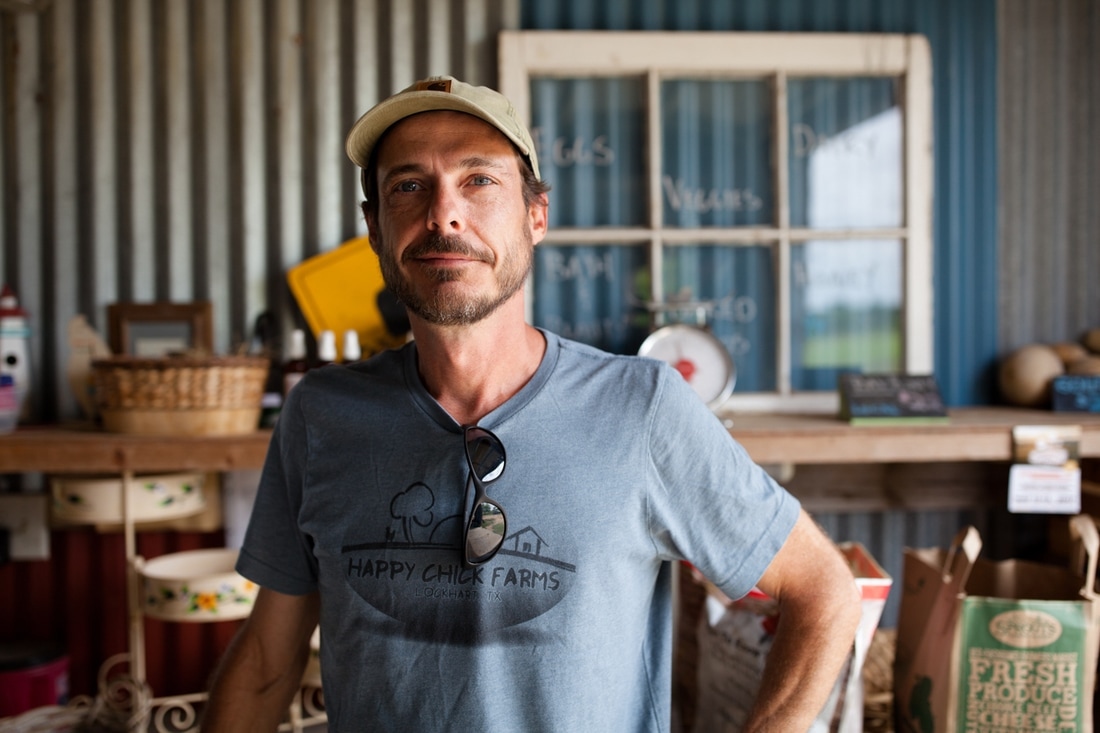
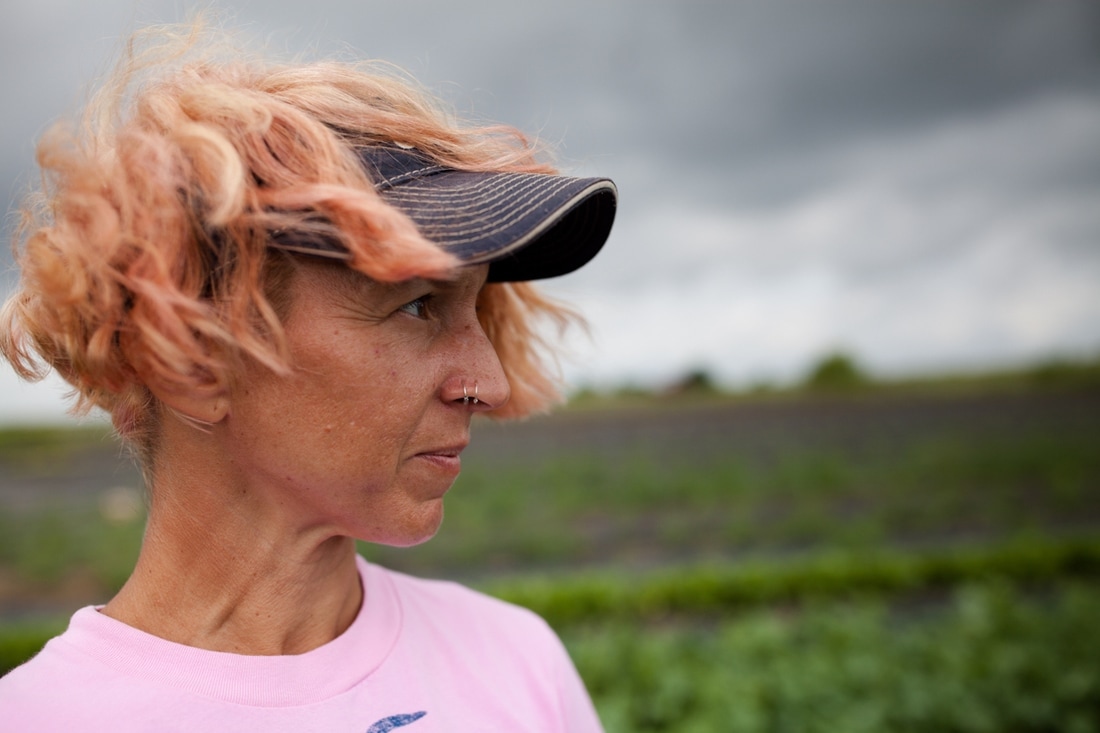
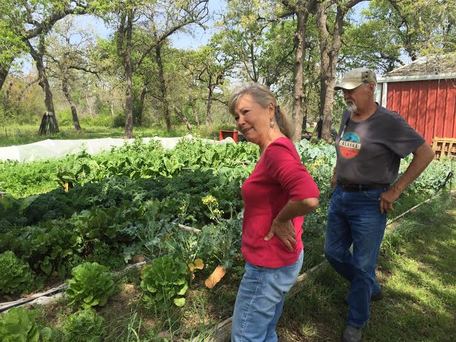
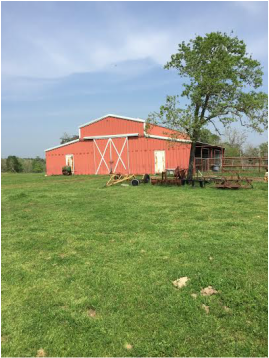
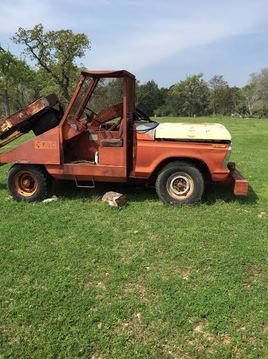
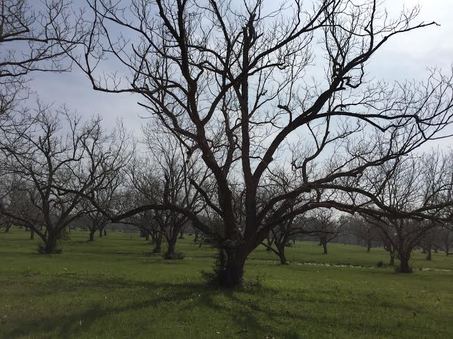
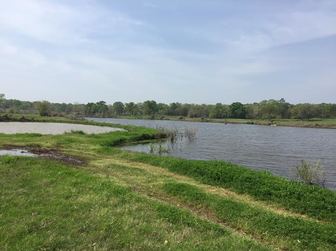
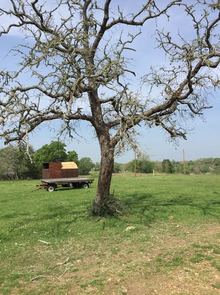
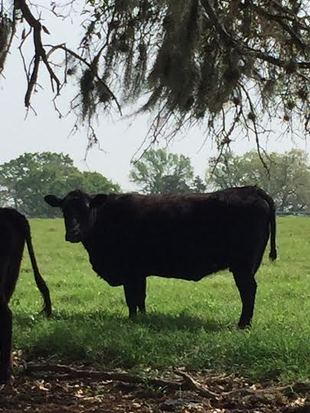
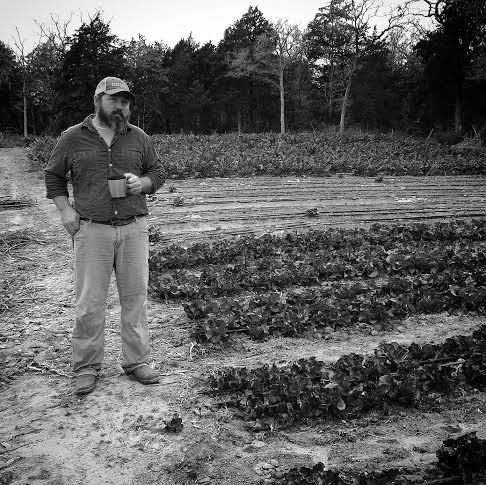
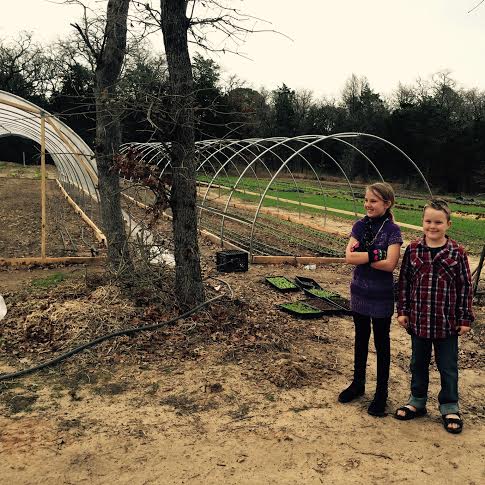
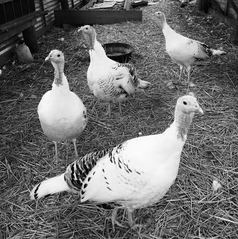
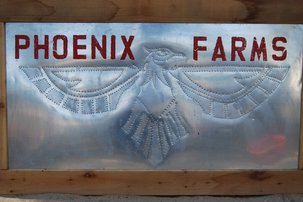
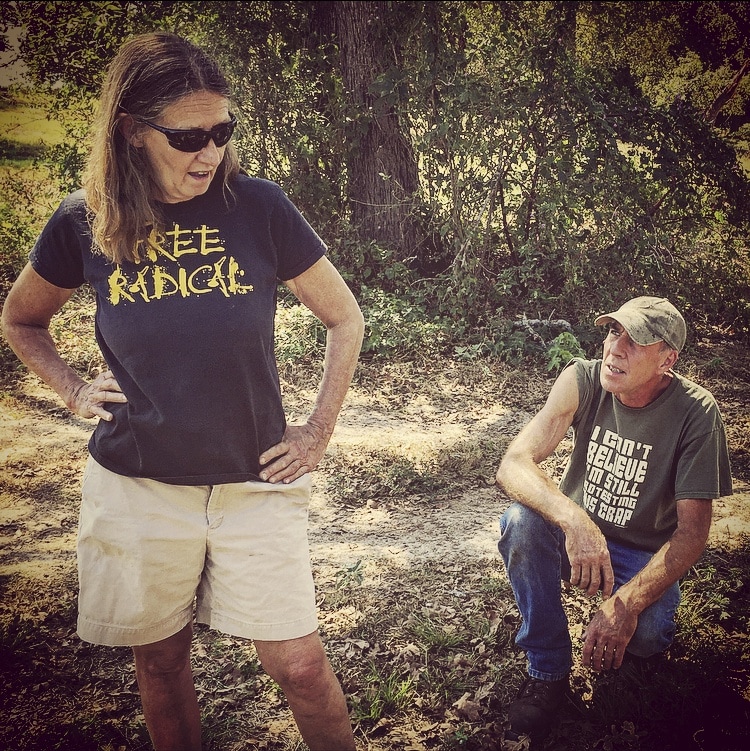
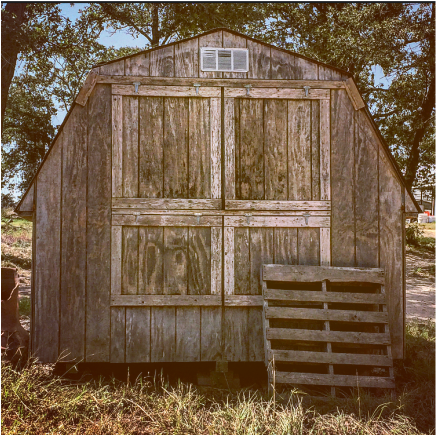
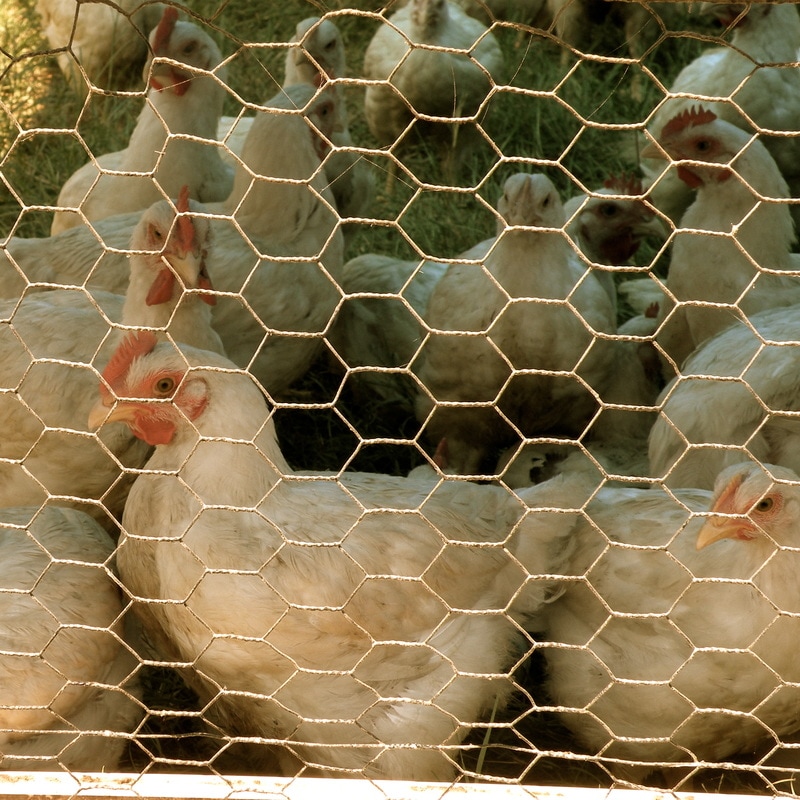
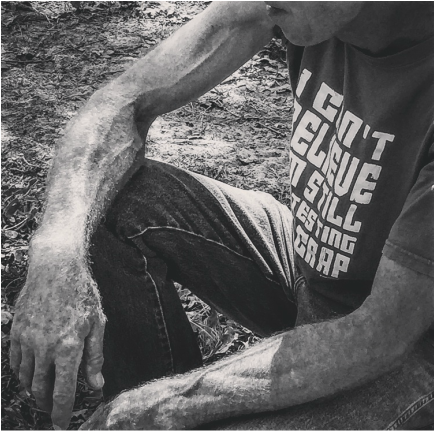
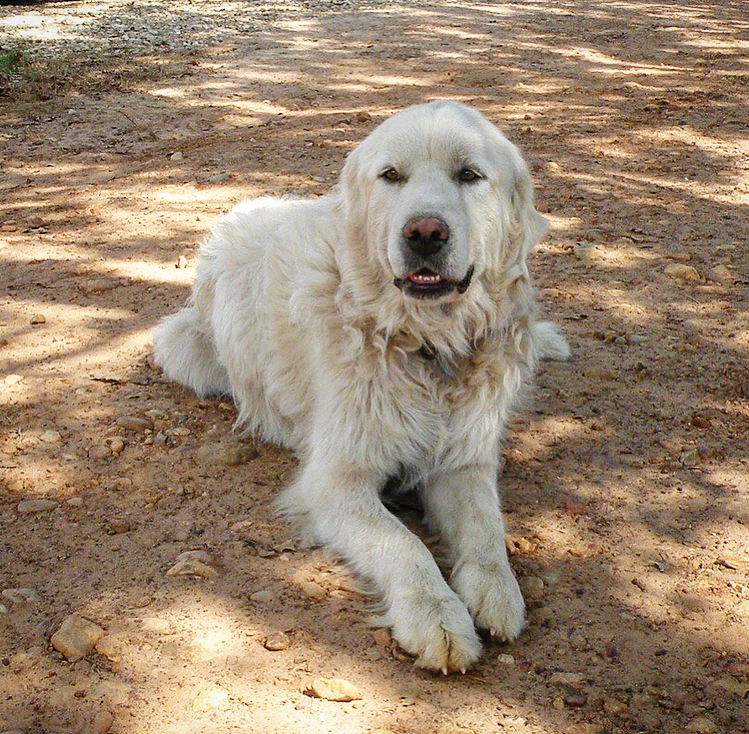
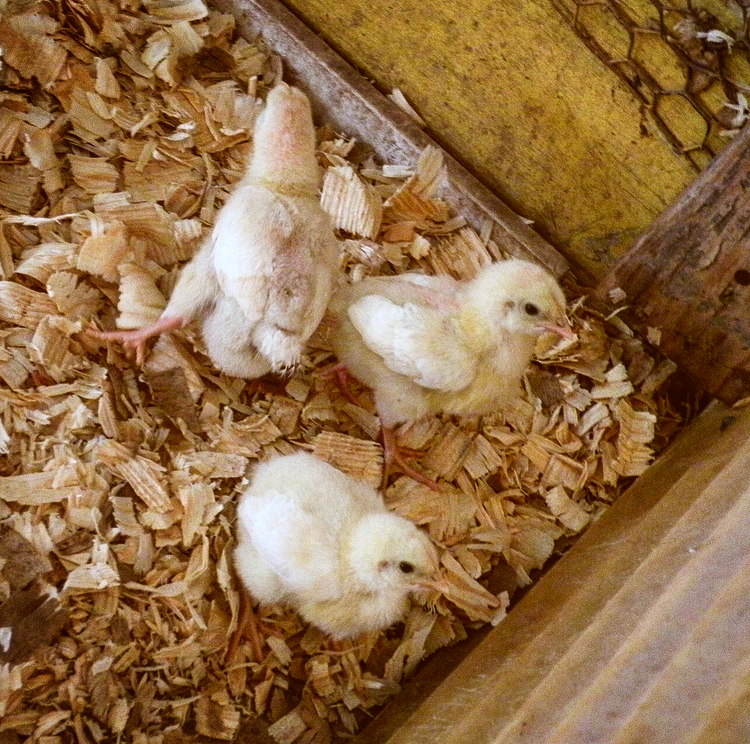
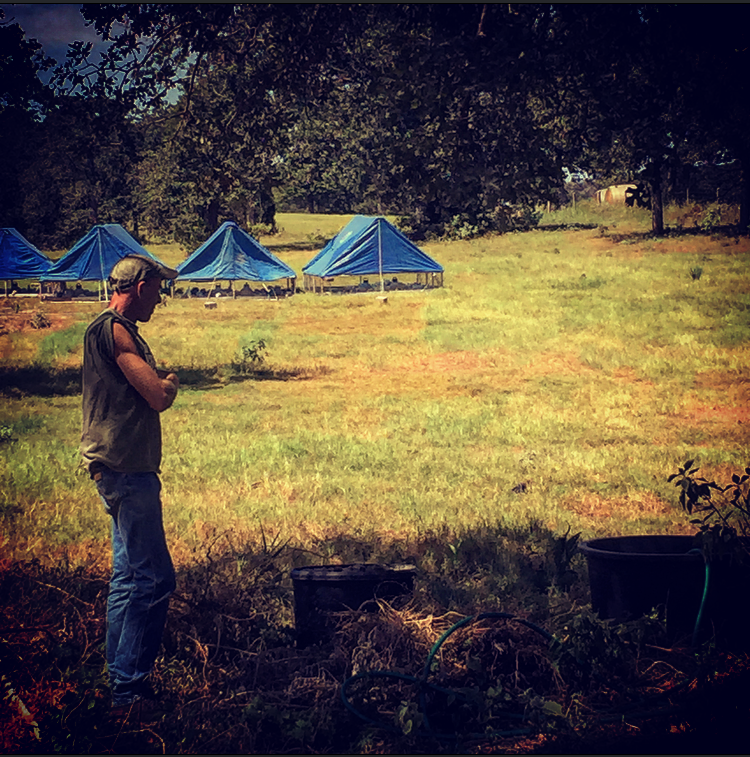
 RSS Feed
RSS Feed
